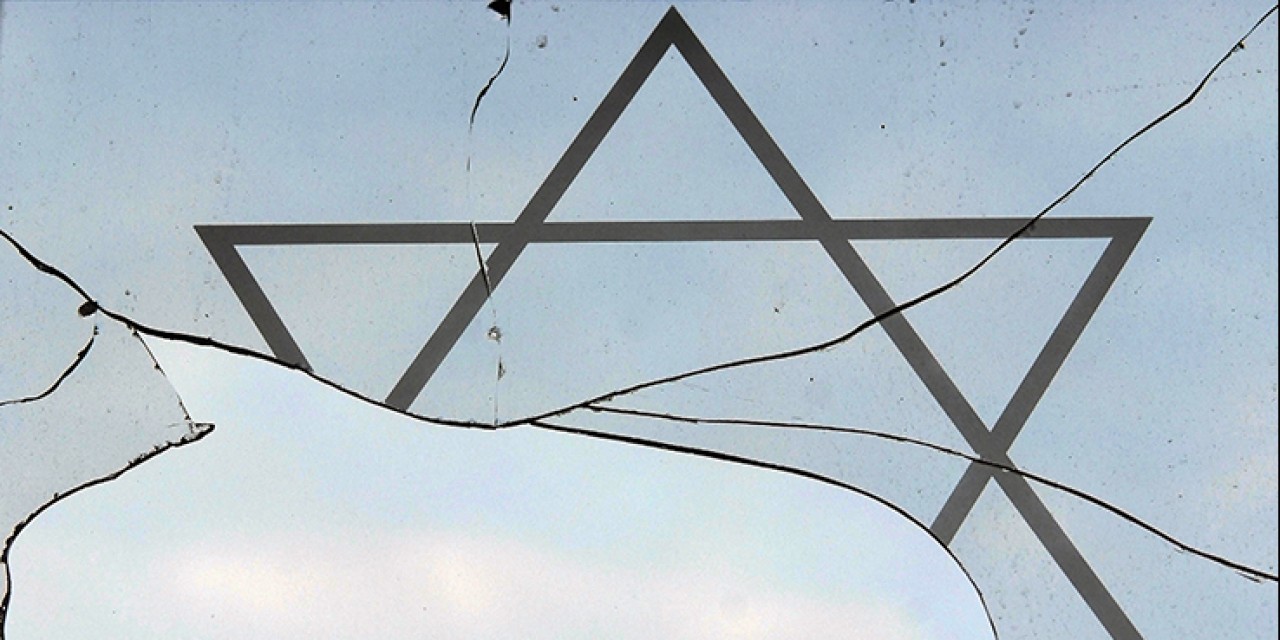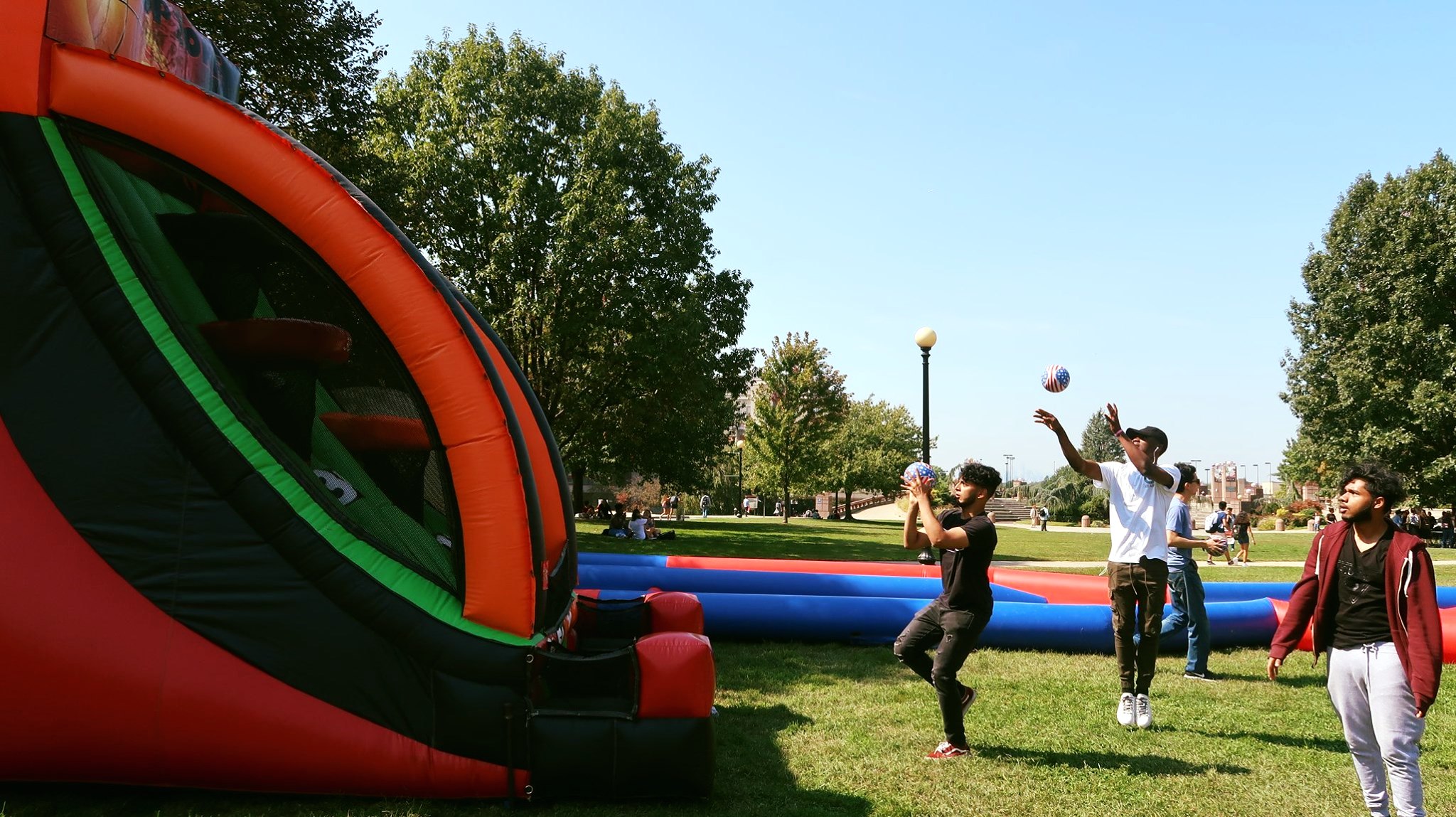A father and son get into a horrible car crash, where the father ends up dead. The son is rushed to the hospital, just as he’s about to go under the knife, the surgeon says, “I can’t operate—that boy is my son!”
What happened? Perhaps you guessed the boy has two fathers? Good guess – but that’s not the point of the riddle.
Are you stumped? Don’t be embarrassed to admit it – a lot of people are. The answer is that the surgeon is the boy’s mother.
During free hour on Wednesday, March 14 in Powdermaker 113, the Center for Ethnic, Racial & Religious Understanding held a workshop known as Introduction to Interrogating Bias. During this event, Yael Rosenstock, our Associate Director, presented this riddle to the crowd. Someone in the audience guessed the answer right away, but I had been to several other workshops CERRU has held in the past, in which this same example was used, and normally, the audience cannot guess the answer so quickly.
If this scenario left you puzzled, you might be feeling surprised and even ashamed to discover that you’re biased, when consciously you know that many women are surgeons. You may even know a woman personally who’s a surgeon.
The truth is, you’re only human – you’d probably have to live under a rock not to hold any biases. As we discussed at the event, our brains look for patterns to keep us safe from danger, as an evolutionary survival mechanism. The problem arises when the media shows you the same images again and again of black men dressed in hoodies, presenting them as criminals, and your brain, taking in the pattern, puts this group of people under the category of danger, right up there with lions and tigers and bears. Like robots programmed to follow commands, we sometimes react unthinkingly to our environment.
The good news is, you are more than a robot. There will be times when you notice the commands from your subconscious that tell you to be mistrustful of a certain group of people. But you can reject those commands. You can retrain your brain to start associating that group of people with other traits – think of the people you know in your life from that group who challenge those stereotypes. And if you don’t know any, get to know more people from that group, or get to know them on a deeper level. This is also known as Contact Theory – the idea that if one spends time with members of a group this person holds prejudices against, those prejudices begin to diminish.
In fact, if you are interested in exploring your own subconscious biases on a deeper level, this week Aysa Gray, our Director of Fellowships, is releasing the applications for next year’s Undoing Bias Fellowships on Gender, and on Race and Class. Her Undoing Bias techniques are inspired by the work of Patricia Devine and others. Stop by Delany Hall 217 to pick up an application.
Biases come, but biases can go. You are only human – but fortunately, you are human. And speaking of biases – don’t miss our Social Identity Fashion Show on April 16 at 6:30pm at the Student Union, 4th Floor. Watch as our models challenge the labels placed on them by society and express their true identities as they walk twice down the runway. And don’t forget to stick around for the food and dancing afterwards, a fashion show like no other. For more info, check out our Facebook or visit cerru.org.













